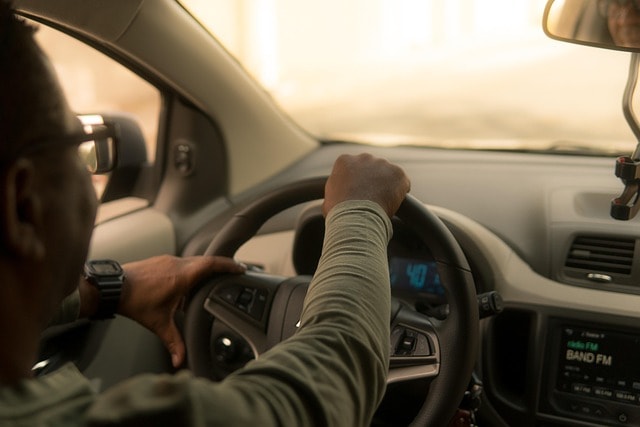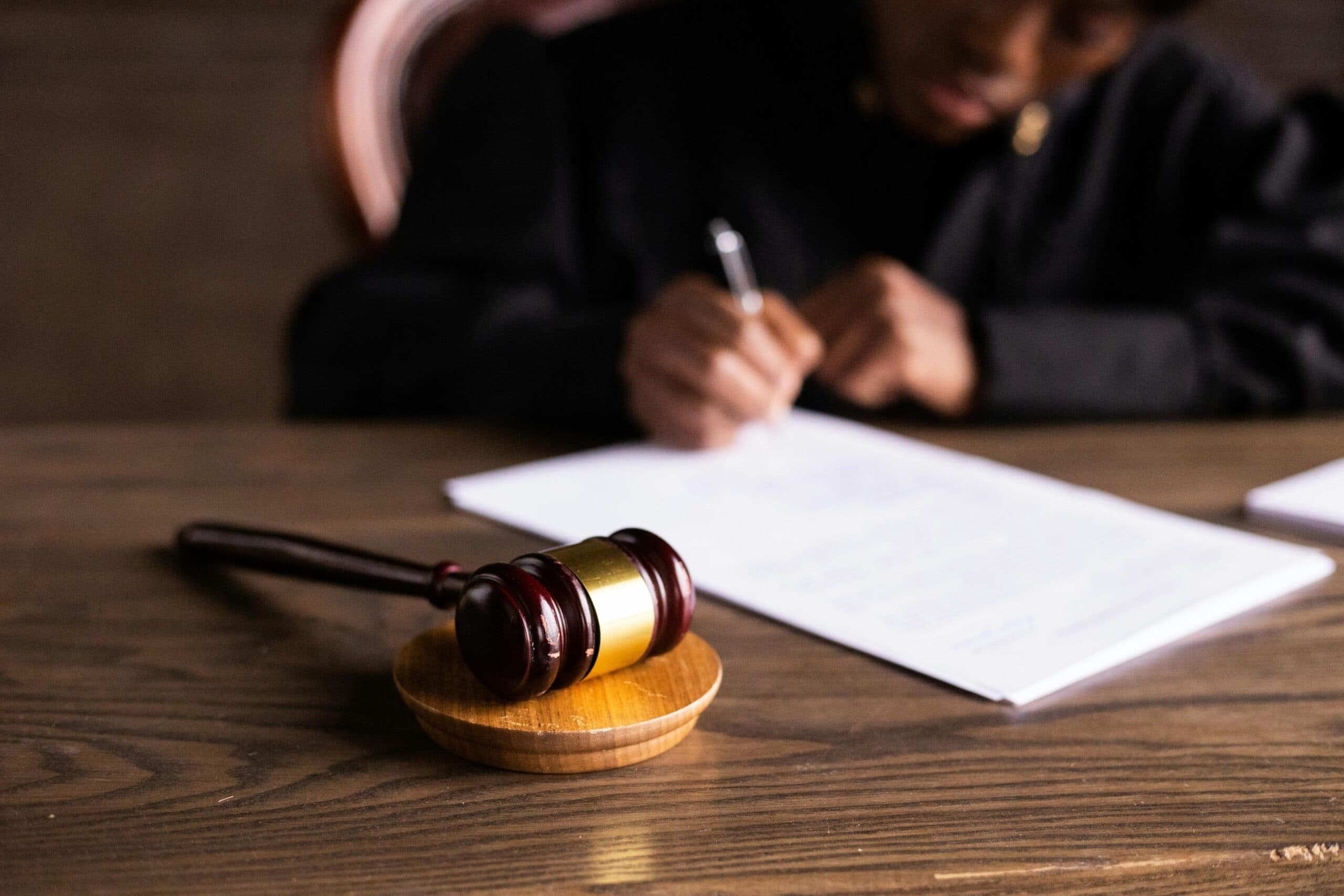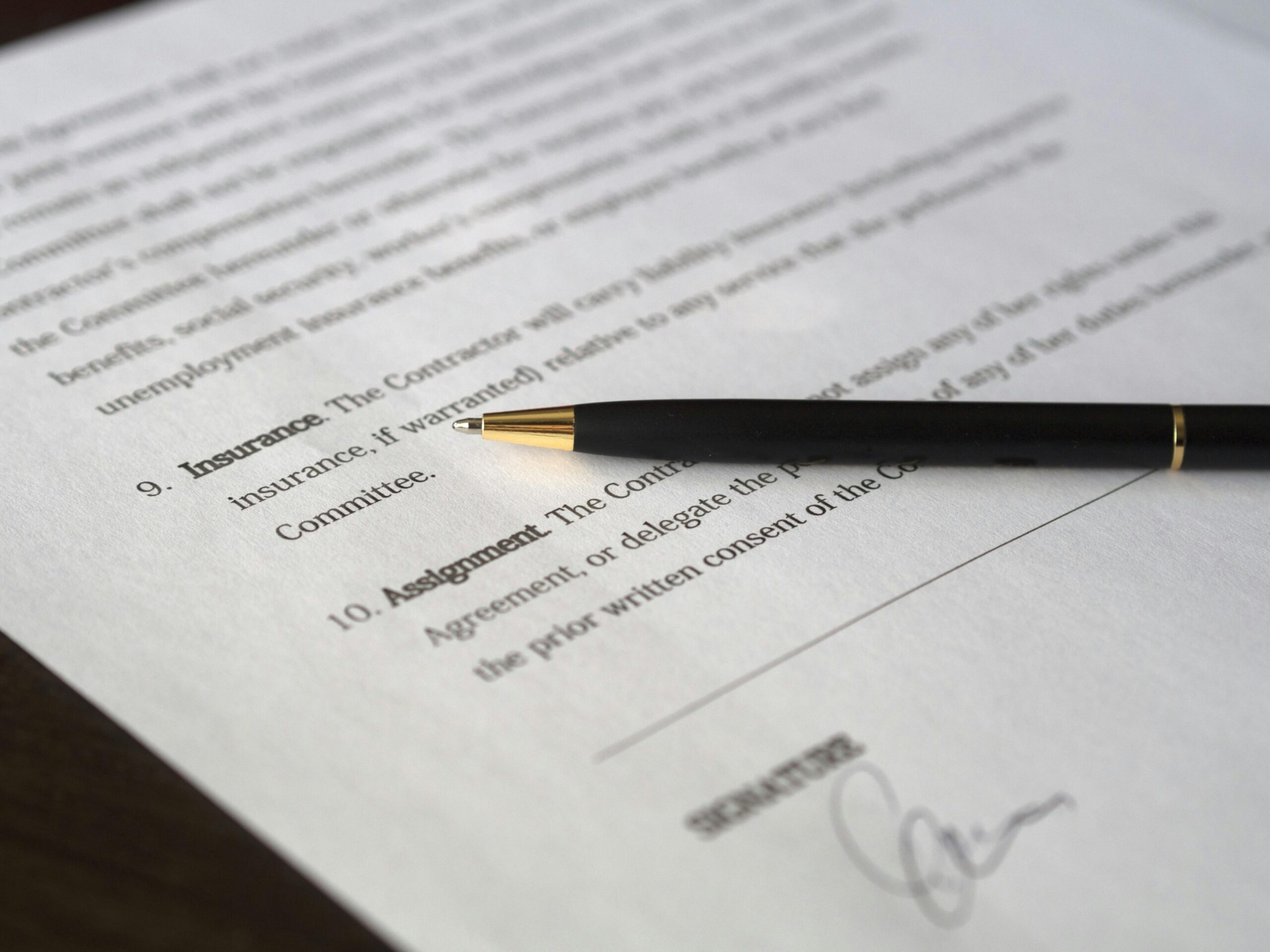
The rideshare industry, dominated by Uber and Lyft, is undergoing sweeping changes. Triggered by a wave of lawsuit settlements, legal reforms, and public pressure, the business model for Uber and Lyft drivers is evolving rapidly. These shifts are reshaping worker rights, rider protections, and the companies’ financial responsibilities.
Why Uber and Lyft Faced Widespread Lawsuits
The gig economy’s rise exposed legal gaps in how workers are classified and protected. Uber and Lyft relied heavily on classifying drivers as independent contractors to avoid paying minimum wage, benefits, and providing proper insurance.
Multiple lawsuits alleged wage theft claims, discrimination, and lack of accountability for work-related injuries. Settlements now force these companies to fundamentally reconsider their business practices.
Major Uber and Lyft Lawsuit Settlements
Recent Uber and Lyft lawsuit settlements have cost the companies millions and created new standards across the gig economy.
The Uber Settlement
In a landmark Uber-Lyft settlement, Uber agreed to significant reforms after facing lawsuits over driver classification and labor law violations. Uber also settled various sexual assault lawsuits, with the Uber sexual assault lawsuit settlement amounts kept confidential but widely believed to be substantial.
In Ohio, there has been notable attention on Uber injury claim value, highlighting settlement trends for injured passengers and drivers alike.
The Lyft Settlement
Lyft lawsuit settlements have paralleled Uber’s legal battles. The Lyft lawsuit payout 2019 addressed issues around driver misclassification and inadequate insurance coverage for accidents.
More recently, lyft personal injury settlements and lyft settlement payouts have focused on riders injured during trips, with claims often linked to questions around the driver’s employment status.

Uber and Lyft Settlement Claim Opportunities
Both companies have created avenues for Uber and Lyft settlement claim processes, allowing drivers and injured passengers to apply for financial compensation. These claims can include back wages, unpaid overtime, and compensation for injuries. However, it’s crucial to learn the red flags that could hurt your Uber and Lyft claims.
Uber Sexual Assault Lawsuit Settlements: A Separate Legal Front
In addition to labor law cases, Uber has faced serious accusations regarding sexual misconduct by drivers. Uber sexual assault lawsuit settlement cases have led to Uber paying millions to survivors.
The Uber sexual assault lawsuit settlement amounts vary but have triggered significant operational changes, including new driver background checks and mandatory training. These reforms aim to enhance rider protections and restore public trust.
Uber may provide guaranteed paid sick leave, guaranteed minimum pay, and other benefits, but that doesn’t reduce the risk their drivers pose. The California Supreme Court has taken action several times against such rideshare drivers via a settlement agreement or particular-hour laws.
Lyft’s Liability Issues Following Settlements
Lyft has faced similar lawsuits related to passenger and driver safety. Recent settlements have required Lyft to invest heavily in improving safety protocols, background screening, and insurance coverage.
The cumulative effect of the Lyft lawsuit settlement wave has pushed the company to rethink how it classifies and monitors drivers, especially concerning occupational accident insurance and sick leave policies.
Even matters related to sick pay are a big concern for the rideshare companies operating in the U.S. Similarly, independent contractor status is also a serious concern for passengers.

New Industry Trends After the Settlements
The Uber driver app has undoubtedly become one of the most popular services out there. However, matters like fair wages have reached the Massachusetts Attorney General’s Office and have raised concerns among California voters.
1. Expansion of Occupational Insurance and Medical Leave Programs
Companies have begun offering health insurance stipends and expanding medical leave programs in response to lawsuits highlighting the vulnerability of drivers without benefits.
2. Minimum Earnings Floor Across States
Following lawsuits, several jurisdictions have enforced a minimum earnings floor. For example, New York City drivers now benefit from a minimum wage formula that guarantees fair compensation for their time spent waiting and transporting passengers.
3. Increased Audits and Transparency
Settlements often mandate annual audits overseen by state agencies such as the Attorney General’s Office or the Labor Commissioner’s Office to ensure compliance with minimum pay standards.

Future Legal Liability and Regulation
The industry is bracing for further regulatory actions post-settlement.
1. Potential for Expanded Employee Status
Lawsuits could push policymakers to further limit the classification of drivers as independent contractors. This would mean rideshare companies must offer unemployment insurance, paid sick leave, and other standard employee benefits.
2. Greater Focus on Safety and Rider Protections
High-profile cases like the Uber sexual assault lawsuit settlement have made rider safety a top concern. Companies are rolling out in-app emergency buttons, stricter hiring policies, and expanded insurance coverage to prevent further liability.
These changing industry trends may be adjusted annually for eligible drivers and provide opportunities for new avenues.
However, Uber and Lyft’s classification and the minimum driver requirements have had a serious impact on other areas as well.

Insurance Reform and the Gig Economy
Apart from the right to request sick leave and back pay, employees at Uber and Lyft are legally entitled to several other valuable benefits. However, these opportunities are given through proper hiring as instructed by people like Attorney General James.
Following wage claims and class action lawsuits regarding Massachusetts wage laws, we have seen several new changes emerge. These include:
Discussions About Insurance Reform
Settlements have fuelled national discussions around insurance reform for gig workers. Some states are considering creating insurance pools or requiring rideshare companies to provide broader insurance policies for both drivers and passengers.
Impact on Gig Companies Beyond Uber and Lyft
The ripple effects are reaching other gig economy companies, including food delivery and freelance platforms. The standards set by Uber settlements and Lyft settlements are fast becoming a baseline expectation across industries.
Example: Los Angeles and San Diego City Attorneys’ Settlements
In California, settlements with city attorneys in Los Angeles City Hall, San Diego, and San Francisco not only secured financial payouts but also required Uber and Lyft to commit to stronger hiring and background check practices, ensuring safer rides for the public.

Broader Worker Advocacy and Collective Action
The changes in the rideshare industry aren’t just limited to everyone’s individual role. The broader worker advocacy and collective action have also introduced new changes. These include:
Rise of Rideshare Drivers United
Groups like Rideshare Drivers United are using settlement victories to push for more protections, including demands for fair pay, paid sick leave, and health benefits.
Pressure from UC Berkeley Labor Center Studies
Research from the UC Berkeley Labor Center highlights that more than half of driver earnings were below state minimum wage levels after accounting for expenses. These studies continue to fuel public demand for reforms.
Final Thoughts: Future of Rideshare Work
The era of hands-off rideshare employment is ending. Driven by massive Uber and Lyft lawsuit settlements, companies are being forced to balance flexibility with fairness.
- Uber drivers and Lyft drivers now have access to greater protections.
- Current and former drivers have the ability to file claims for unpaid wages and injuries.
- Rider protections are increasing amid mounting legal and public pressure.
The gig economy must now reckon with a new reality: workers and riders alike demand — and increasingly, are winning — real rights, real pay, and real safety.

Need Help with a Settlement Claim or Injury Case? Contact Bourassa Law Group
If you are a current or former Uber or Lyft driver or a passenger who was injured while using a rideshare app, you may be entitled to compensation.
The team at Bourassa Law Group specializes in rideshare lawsuits, settlement claims, and personal injury cases tied to the gig economy.
We offer a free consultation to discuss your situation, review your case, and fight for your legal rights.
Let us help you pursue the settlement payout or injury compensation you deserve.
Contact Bourassa Law Group today — because your rights matter.





